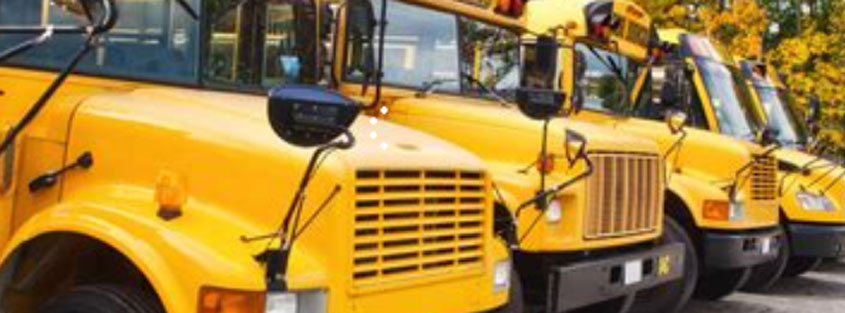An Unpopular, Necessary Reform for Providence Schools
After a horrifying Johns Hopkins report on the Providence Public School District (PPSD) marked by unsafe environments, abysmal student performance, low staff morale, and finally a relatively unresisted state takeover, a common response may be a call to increase funding for education. But a closer look at the data indicates that a lack of resources does not tell the whole, or perhaps even the most important part, of the story.
In 2017, the state of Rhode Island ranked ninth in the nation in terms of per-pupil expenditures, and in fact spent 30 percent more than the national average on education. The following year, even with what is already a high rate of funding, Providence schools received roughly $1,000 more per student than the state average. Perhaps it is true that PPSD faces unique challenges that require more funding than most other schools across the nation, but the issues plaguing the system are far more deeply rooted than can be explained by a mere lack of resources.
One issue that can be addressed without squeezing more out of the taxpayers is the restructuring of the collective bargaining agreement between the teachers and school department. Some of the key findings from the John Hopkins report were that “very little student learning” is occurring, and that “school leaders are not set up for success,” due in no small part to the inability to exercise authority. School leaders often complained that terms set by the teachers union is “impeding their ability to exercise leadership and oversight in their schools.”
A recurring theme in the report is the fact that incompetent or misbehaving teachers are essentially immune to disciplinary action. One principal said, “In the case of an abusive teacher, s/he is placed on unpaid administrative leave but then ‘lawyers up’ through the union and ultimately returns to the classroom.” Another said that bad teachers are never removed, but simply “reshuffled… They just make the rounds every year. It’s a toxic dynamic.” Even cases of racism and sexual misconduct went severely unpunished because of the exhausting amount of red tape principals and school authorities must go through.
Another list of concerns expressed by interviewees is particularly damning:
- “No one can lay off teachers. Ineffective teachers just get shuffled.”
- “They’ve gamed the system.”
- “There is no peer critique. Peer coaching is perceived as punitive.”
- “Even using classroom observations for non-evaluative purposes is
discouraged.” - “We can’t get rid of teachers; it’s a slap in the face for teachers who come in every day to do a good job. It’s demoralizing.”
- “If you want to do right by kids, you don’t make a whole lot of friends. There are active and passive pressure. Why do I have to put teachers who don’t do right by kids in front of students?”
- “We get eyeballed by our colleagues when there’s hard work going on.”
- “The displacement process is [explative].”
- “What we really need are more ELL-certified teachers — but we can’t hire.”
It is quite clear from the report that the PPSD has a collective bargaining agreement that prioritizes teacher interests far more than student performance. When teachers are not incentivized to educate according to the best of their ability, the students ultimately bear the weight of those consequences. This can be combated by restructuring the agreement such that school principals and administrative leaders have the ability to exercise authority and disciplinary action when teachers are not getting the job done or behaving in a harmful manner.
Amidst a seemingly insurmountable mountain of issues facing PPSD, this is one problem that has a relatively simple answer. Unfortunately, the solution is politically unpopular.




